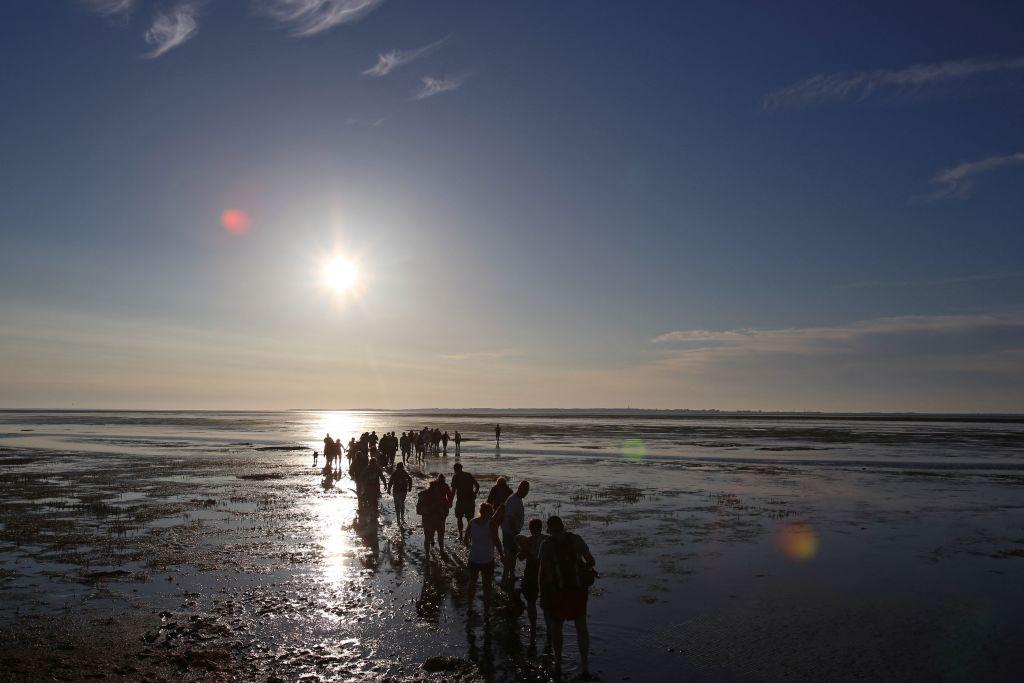Archaeologists have found the remains of a church in a sunken medieval city in Germany, and in the process, mapped out the lost city of Rungholt for the first time—a place said to be destroyed through divine intervention because of the moral depravity of its population.
Known as the “Atlantis of the North,” Rungholt, located off the coast of northern Germany in the North Frisian region, is said to have been a thriving city. The latest research has found remains of the medieval city in the Wadden Sea. According to a May 24 press release by Johannes Gutenberg University Mainz in Germany, Rungholt was drowned in a storm surge in 1362.Working with researchers from other universities, the archaeological team found “a previously unknown two-kilometer long chain of medieval terps” near Sudfall, a small island in the Wadden Sea.





